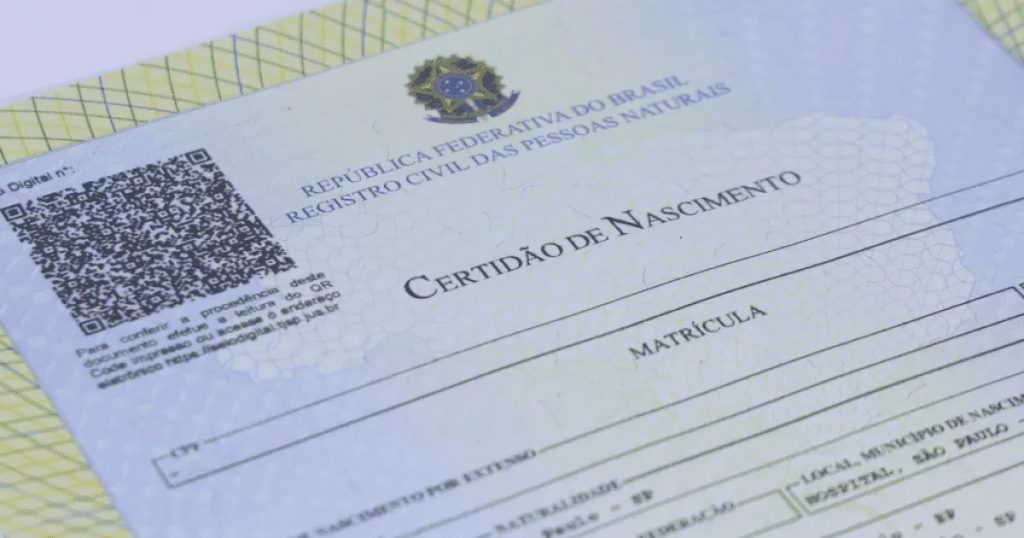
Civil identity is a fundamental right that guarantees individuals access to public services, social rights, and full participation in society. In Brazil, the Live Birth Declaration (DNV) — issued at the maternity hospital — is the first document that enables the issuance of the Birth Certificate, allowing citizens to obtain other documents such as CPF (taxpayer identification), identity card, and voter registration. However, data from the 2022 Civil Registry Statistics Census, made available by IBGE, reveal that approximately 77,684 children did not have a birth certificate. This absence not only compromises the guarantee of fundamental rights such as education and health, but also puts children at risk, making them more vulnerable to abduction and perpetuating cycles of inequality and social exclusion.
Brazil, recognizing the importance of civil identity, has incorporated Goal 16.9 into the UN’s Sustainable Development Goals (SDGs), which sets the target of “providing legal identity for all, including birth registration,” by 2030. This goal is a crucial step to ensure that all Brazilian citizens can fully exercise their rights, regardless of their background or social condition. It involves a small but fundamental change in the DNV generation process: the collection and linking of biometric data from the child and mother.
Célio Ribeiro, Executive President of ABRID and founder and CEO of InterID, highlights the importance of this measure, particularly for border control: “Today, the DNV is a paper document that the father takes to a registry office to obtain a birth certificate — another piece of paper. Both papers remain outside the system until another document, such as the National Identity Card (CIN), is issued. Until then, there is no guarantee that the DNV or even the Birth Certificate actually belongs to the child in question. Immediate biometric data collection, on the other hand, identifies and links the child to the mother through both biometrics, integrating them into the system and ensuring that border control can immediately and undoubtedly identify the child and their guardians.”
The electronic DNV with biometric collection must, therefore, be a priority, as it will ensure the safety of newborns and serve as the gateway to equal rights and opportunities in our society. “Brazil faces the challenge of ensuring that everyone, especially children, has access to their civil identity. Achieving Goal 16.9 is essential to building a fairer and more inclusive future for all Brazilians,” concluded the executive.




